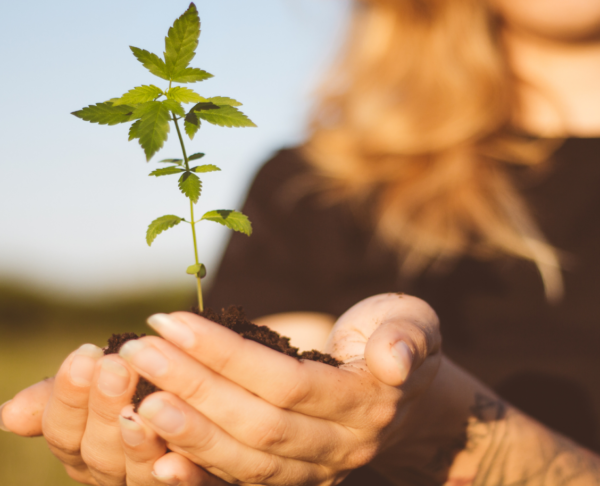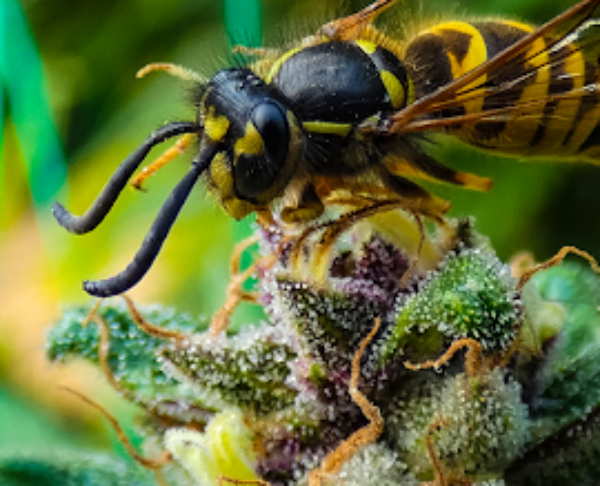The Importance of Bees
Most people are aware that bees are pollinators and that they produce highly desirable honey. Few are aware of the huge role they play in the biodiversity of nature and how their symbiotic relationship with plants affects life as we know it.
Bees pollinate one-third of the world’s edible food crops, as well as the crops used to feed livestock and fibers used for manufacturing of clothes we wear. There are hundreds of plants grown for human consumption and bees are the primary pollinators of nearly 90% of those plants.
“If the bee disappears from the surface of the Earth, man would have no more than four years left to live.”
~ Albert Einstein
Clearly, we depend on bees as pollinators to provide items we use and consume every day.
The plants of the world benefit from the pollination bees provide and, in return, the bees benefit through the collection of nectar for energy and pollen to feed their young.
Through this relationship, bees can collect the resources necessary for their survival and produce honey and many other, less known but nevertheless important, products. A 2020 study even shows that a component of honey bee venom could kill cancer cells. https://www.nature.com/articles/s41698-020-00129-0
Do Bees Need To Be Saved?
Yes! There are 20,000 species of bees worldwide. Most of these are in the wild. Expansion and urbanization are increasing problems threatening wild bee habitats. In recent years, millions of honeybees have been lost due to Colony Collapse Disorder. Although the cause has not been confirmed, preliminary evidence suggests that pesticides may have contributed to their demise. Dangerous man-made pesticides such as DDT, when banned, are often just replaced with other dangerous pesticides. Practices like this need to be re-evaluated to look for safer alternatives to chemical components that have consistently been found to be harmful.
If you want to gather honey, don’t kick over the beehive.
~Abraham Lincoln
Cannabis for Bees
Years ago, it was believed that bees were not attracted to cannabis due the lack of brightly colored flowers and there being no nectar to collect. Cannabis doesn’t require bees for pollination since it is primarily wind-pollinated. So it was believed that the mutually beneficial relationship bees shared with other plants may not apply to cannabis. Recent research by both Cornell University https://academic.oup.com/ee/article-abstract/49/1/197/5634339?redirectedFrom=fulltext and by Colorado University shows that bees are actually specifically attracted to tall, male cannabis plants. In fact, the studies found that the taller the plants and the more area the plants covered, the more bees were attracted to the plants. https://www.sciencedirect.com/science/article/abs/pii/S0961953419300248
Industrial hemp that grows tall and is not prized for the medicinal uses of the female plant could be very beneficial to a struggling bee population. The late flowering season and low water requirements of cannabis make it an ideal food source for bees in areas where other food sources are scarce. Cannabis naturally grows without the need for chemical pesticides and grows well as a companion plant with other crops.
The relationship between bees and crops affects plant growth as well, by significantly increasing both the quantity and quality of plants produced. As restrictions on cannabis ease around the world, this has huge implications on the problem of food scarcity and world hunger.
The relationship between bees and cannabis is clearly beneficial to both the insect and the plant. Humans may be those who benefit the most. We can do our part to contribute to a healthy ecosystem by providing resources like cannabis to support the dwindling bee population and by choosing safe alternatives to dangerous chemical pesticides in agriculture.
The earth will not continue to offer its harvest, except with faithful stewardship. We cannot say we love the land and then take steps to destroy it for use by future generations.
~Pope John Paul II






